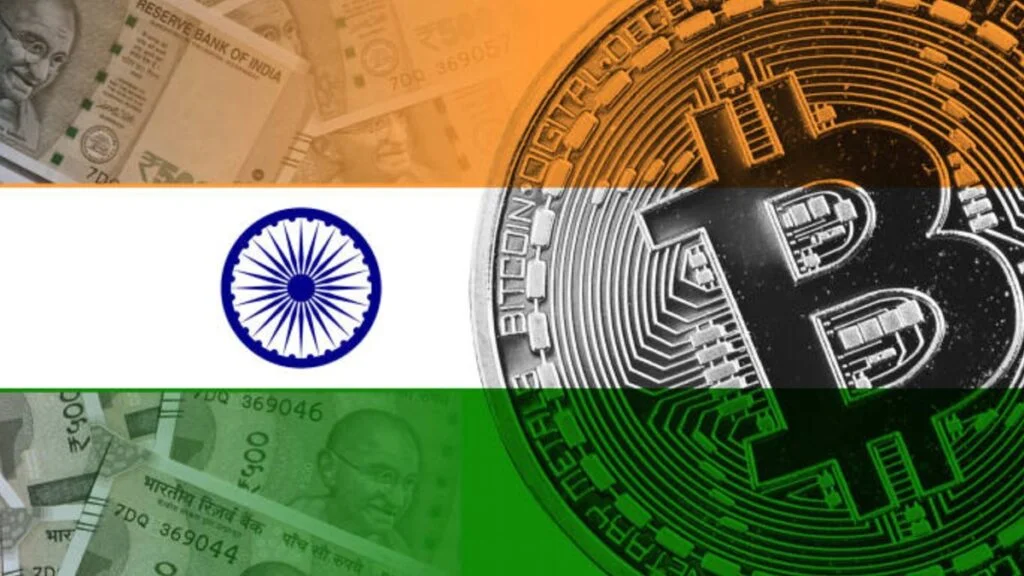Indian authorities are ramping up efforts to curb tax evasion through cryptocurrencies and offshore entities by gambling and gaming apps.

These initiatives involve investigating networks of fake businesses that allegedly use cryptocurrency to move profits out of the country. One major focus is Parimatch, a Cyprus-based organization suspected of orchestrating a sizable network.
Reports indicate Parimatch generated around ₹700 crore ($84.1 million) from Indian gaming apps, which it then converted to cryptocurrency to avoid detection.
The investigation, led by the Directorate General of Goods & Services Tax Intelligence (DGGI), has uncovered a complex network of individuals and groups involved in these activities. Approximately 50 platforms and people in Delhi are currently under scrutiny.
This follows the discovery of a $120 million cryptocurrency Ponzi Scheme by the Indian Economic Offenses Wing, defrauding over 200,000 investors.
This new tax evasion scheme is the latest in a series of crypto-related crimes in India. DGGI apprehended the director of an unlicensed payment aggregator – a crucial link in the money transfer process.
This aggregator played a vital role in channeling money from Parimatch customers to fake corporate accounts. The investigation also led to freezing approximately 400 bank accounts connected to the fraud.
Many of these funds had already been converted to cryptocurrencies to complicate tracing. Cryptocurrencies have complicated these activities, making them challenging for law enforcement to monitor.
Despite its potential, Blockchain technology is worrisome due to its anonymity, which poses a problem for authorities. The Enforcement Directorate (ED) is aggressively probing several suspected gaming and betting businesses using similar tactics to tackle the worsening situation.
The Union Ministry of Home Affairs is considering potential restrictions on these platforms. Although state governments in India can impose online gaming restrictions, doing so presents difficulties. Geo-blocking websites or apps and regulatory differences among states are among the limitations.
